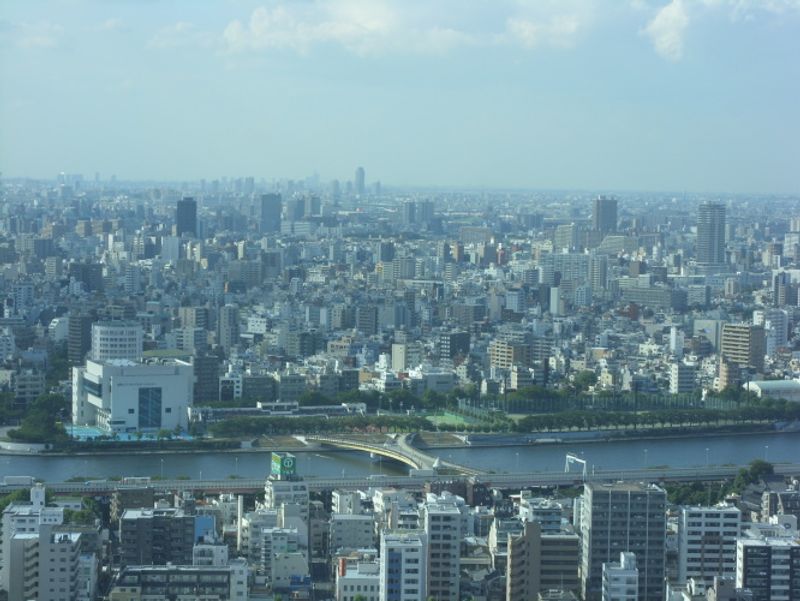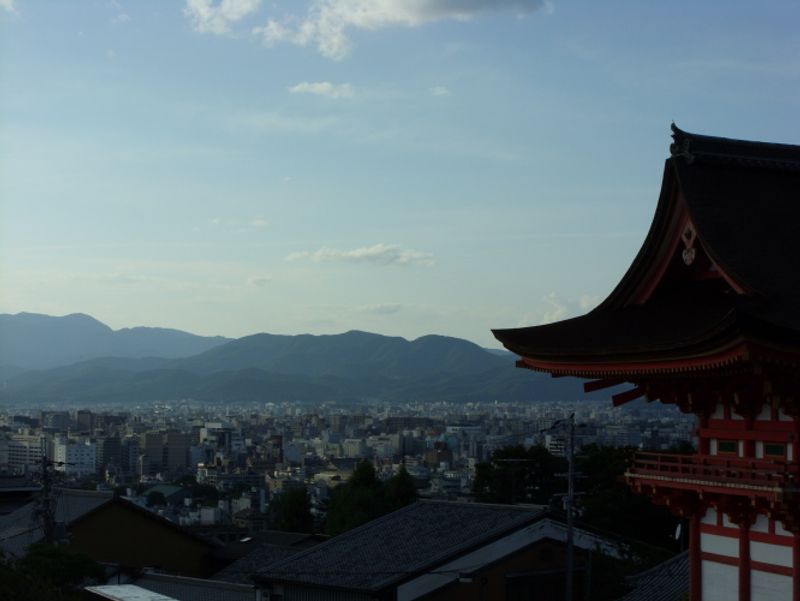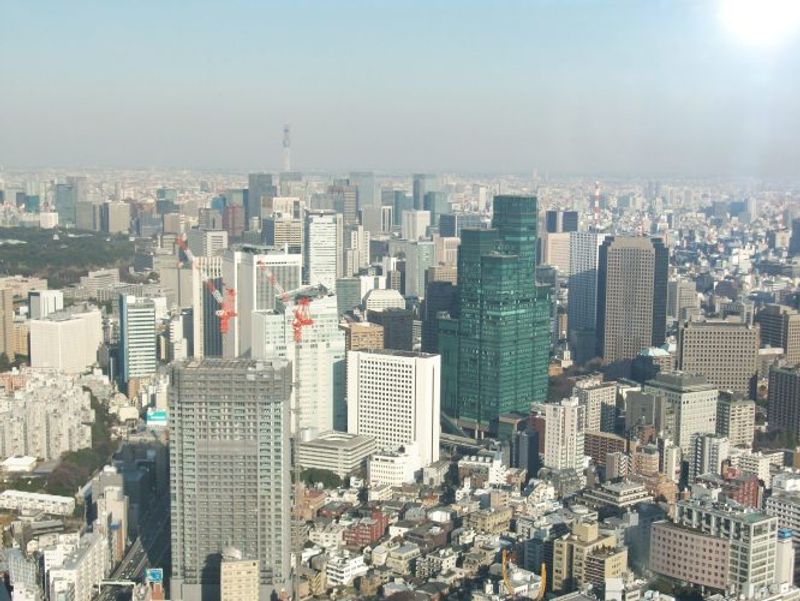Nov 28, 2014
When We’re Required To Visit The City Office, Japan

You don’t have to be in Japan long (less than three months in fact) before you have to pay a first visit to your local city office (市役所/shiyakusho) Back in my own country, I can’t recall ever having been and nor could I tell you where it was if you asked me for directions. But this is Japan, and they like to stay on top of things over here.
I once asked a group of Japanese businessmen what they thought was the least stressful job in Japan. Their answer; working in the city office. I was surprised. To me, city offices have the potential to be as irritating and soul destroying as immigration centers and airport baggage collection. Their reasoning though, was that city workers are wrapped up in the Pashmina of rules. Vent and moan as much as you like, the city office worker need only tell you that rules are rules. Why do I have to be here? Why do I have fill out my name and address again? Because that’s the rule.
Except sometimes those rules can be hard to find. Particularly for us foreign residents, who often don’t even know they exist.
Here we highlight those ‘life events’ many of us will experience during our time in Japan that REQUIRE us to visit our city office. Don’t ask why we must go. You already know the answer. The rules say so!

New Arrivals
New to Japan? Staying longer than 90 days? Welcome to your local city office. You’ll need to register your presence within 14 days of moving in (to the respective city). Bring along your passport if you’ve yet to receive your Residence Card (在留カード/zairyu card).
Changes of Address
Two situations here. If you’re moving within the same city, you’ll need to pay one visit to the city office (within 14 days of having moved) to update your Residence Card. Moving out of one city and into another will require two visits. One to say, ‘Goodbye.’ to your former city, another to say, ‘I’ve arrived.’ to your new one. The former must be done BEFORE you move out. The latter, within 14 days.
Registering for National Health Insurance (国民健康保険/kokumin kenko hoken)
If you’re registering for Social Health Insurance (社会保険/shakai hoken), hurray! Your company takes care of everything and you’ve no need to visit the city office. If you’re on some sort of private insurance, hurray! You, too, needn’t visit. Freelancers and students, though, if you want to get on NHI, the city office is where you need to do it. Be sure to visit again when you want to get off it, lest you keep paying those premiums
Birth, Marriage, Divorce, Death
Registering the birth of a child (出生届/shussho todoke) must be completed within 14 days of the birth, by either mother or father. Expectant mothers are strongly advised to register their pregnancy at city hall. You'll receive a Maternal and Child Health Handbook (母子健康手帳/boshi kenko techo) which you'll need to show when registering your new-born.
Getting married? Congratulations! Dreaming of a beautiful church/temple/beach wedding? Commiserations! All weddings (the official paperwork) in Japan take place in the rather uninspiring surrounds of the local city office. Hilariously though, only one of you needs to be present! Essentially, just to hand the forms in!
Getting divorced will also require a trip to the city office to file a rikon todoke (離婚届).
Deaths are to be registered (死亡届/shibou todoke) within 7 days of learning about the passing.
It’s worth noting that in Japan you may not be issued with certificates for the above. Your details will just be ‘on file’ as it were. Certificates can be issued after the fact. You’ll have to go back to the city office to get them.
Taxes
It’s unlikely, but some of you may be required to visit your city office’s tax section to file a tax return on your Residence Tax’ (住民税/jyuminzei). This is not your Income Tax (所得税/shotokuzei). People who are self-employed or who don’t have residence tax deducted from their wages will need to file a tax report to the city office (usually between mid February and mid March). However, if you file your Income Tax report with a tax office (not the city office) then you need not worry about going to the city office to file a Residence Tax report.
It is possible to deal with this by post (although you’ll probably need to go to the city office to pick up the forms).

When You Need a Jyuminhyo (住民票)
This is your Record of Residence. It’s not your Registration Card. One would have hoped, given you have to register with your Registration Card when you move to a city, that said card would cover all your identification needs. Alas, no! Some procedures require a jyuminhyo (essentially a bit of paper that lists your name and address). You may need this for such matters as marriage, moving house, job changes etc. Some cities, offer a postal service. If so, there will be down-loadable forms on the city homepage (although probably not in English). Bear in mind that photocopies of a jyuminhyo will never be accepted, which means every time you need one, you’ll have to deal with the city office to get it.
When You Leave Japan (Permanently)
No! Don’t go! Please! But, if you really must, then you really must inform the city office. Why? Well, probably so they know to collect any remaining residence tax from you. Of course, these days most foreign residents have a special re-entry permit, so there’s always the possibility of coming back. To quote my own city’s web page; If you plan to stay overseas for more than one year you need to submit the notification of moving out even if you have a re-entry permit.
Notes
Cities have a certain amount of autonomy in Japan, as such requirements may vary slightly. Check your city's homepage.
There has been an improved output of information in languages other than Japanese, from city offices. Homepages usually cover the basics in English, Chinese and Korean but there is still a marked difference between this content and the extent of the content in Japanese.
It would be unwise to expect any of the regular office staff to speak much in the way of a foreign language, but that’s not to say they aren’t used to dealing with their foreign residents.
Keep a look out on City Cost for further articles about what your city office can do for you (rather than what you have to do for them).



4 Comments
FrenchieFrogZ
on Feb 9
Or... do as many Japanese do, and ignore this bullshit. I've never told the city hall that I was moving from their city, nor have I ever told a city hall that I moved into their city.
KamaT
on Feb 11
Fair point. I know someone who avoided informing city hall of an address change for months. When it finally got to the point (something to do with city tax) that they had to go to city hall and inform them of the change, they were just told that they should have done it earlier, and that was all. No other consequences! Still, you're supposed to do it.
Pushkar
on May 13
My feeling (though I may be wrong) is that, since many of these services (especially juminhyo, kaze shomenshou etc) are charged services, it is one of the way to make money for the city. Apart from that, I really see no reason for such documents (to be honest). I dont mind as long as they are under certain cap. In hachioji city office a document may cost you 300 yen, where as the same document cost you three times more in sapporo (my personal experience). another thing I am always wondering and worried about is all of the offices are open only on weekdays and between 9 to 5, which means you almost always have to take either workoff or long hours off from your office timings. Since my boss is very understanding, its not a big problem for me as such. But I can imagine that for many other people may find it difficult, especially they cannot speak japanese fluently and in which case they will end up spending too much time in city offices :(
KamaT
on Jan 23
@Pushkar Couldn't agree with you more. What bothers me about the documents is they're usually only good for one use, and can't photocopy them, so every time you need another one you have to go back in and pay the money. And, yes, the hours they keep are pretty useless. Although I could say the same about these kind of services in my home country I suppose.